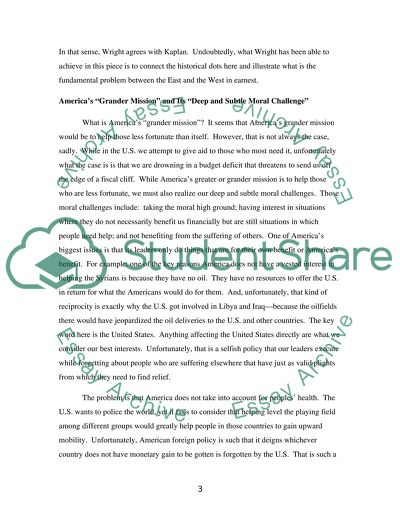Cite this document
(“Assignment Example | Topics and Well Written Essays - 1250 words - 2”, n.d.)
Assignment Example | Topics and Well Written Essays - 1250 words - 2. Retrieved from https://studentshare.org/other/1401813-assignment
Assignment Example | Topics and Well Written Essays - 1250 words - 2. Retrieved from https://studentshare.org/other/1401813-assignment
(Assignment Example | Topics and Well Written Essays - 1250 Words - 2)
Assignment Example | Topics and Well Written Essays - 1250 Words - 2. https://studentshare.org/other/1401813-assignment.
Assignment Example | Topics and Well Written Essays - 1250 Words - 2. https://studentshare.org/other/1401813-assignment.
“Assignment Example | Topics and Well Written Essays - 1250 Words - 2”, n.d. https://studentshare.org/other/1401813-assignment.


